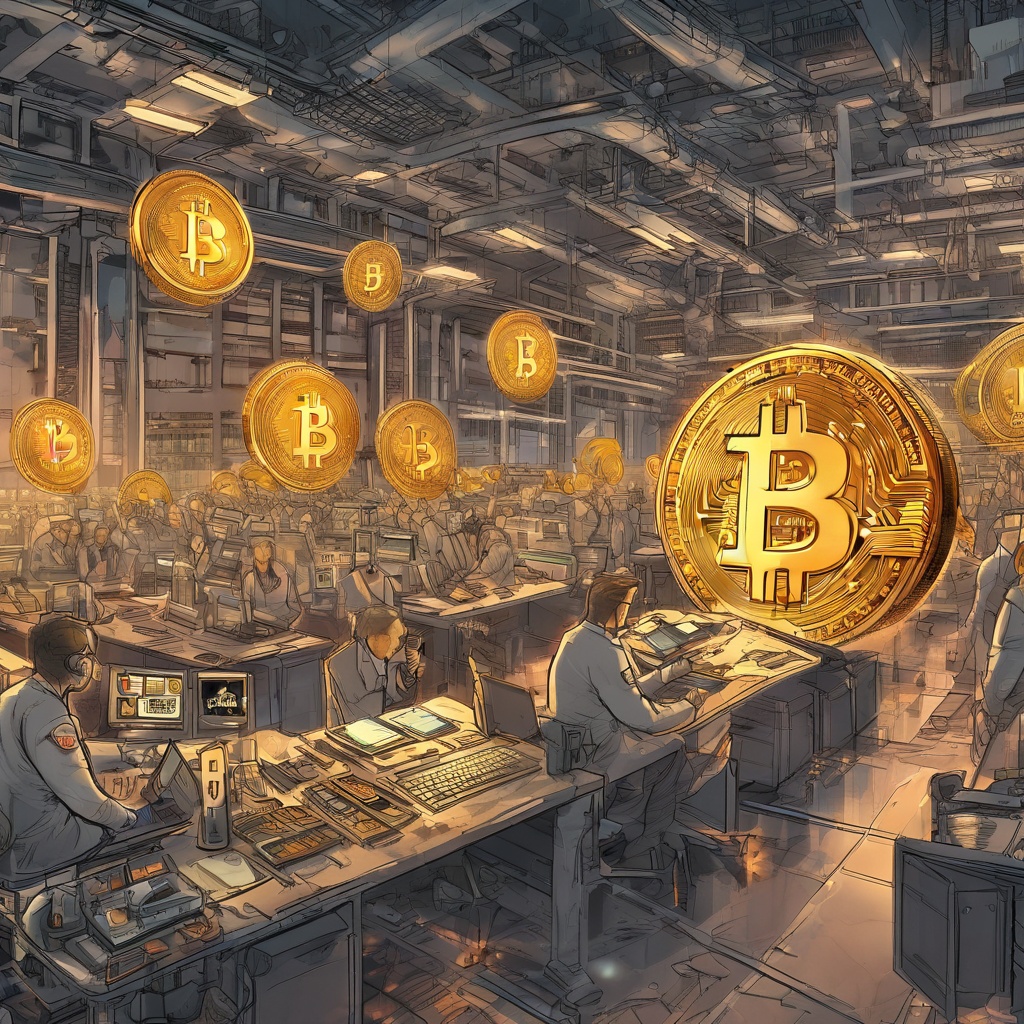What are the risks of a DAO in crypto?
When considering the risks associated with a Decentralized Autonomous Organization (DAO) in the realm of cryptocurrency, one must first understand the inherent nature of these entities. DAOs operate without traditional hierarchical management, relying instead on smart contracts and community consensus. This decentralized structure, while innovative, brings with it a unique set of challenges. Chief among these risks is the potential for security vulnerabilities within the underlying smart contracts. Since DAOs rely heavily on automated code to execute transactions and decisions, any bugs or weaknesses in these contracts could lead to significant financial losses. Additionally, the lack of centralized oversight makes it difficult to quickly respond to security breaches or malicious attacks. Furthermore, the governance structure of DAOs can be complex and difficult to navigate. Decision-making processes often rely on community voting, which can be slow and cumbersome. This can lead to a lack of flexibility in responding to changing market conditions or unexpected events. Lastly, DAOs operate in a rapidly evolving regulatory environment. As governments and regulatory bodies continue to grapple with the challenges of regulating cryptocurrencies and blockchain technology, the legal status of DAOs remains uncertain. This could expose participants to legal risks and regulatory uncertainty. In summary, while DAOs offer exciting possibilities for decentralized governance and collective action, they also present a unique set of risks that must be carefully considered before participating.
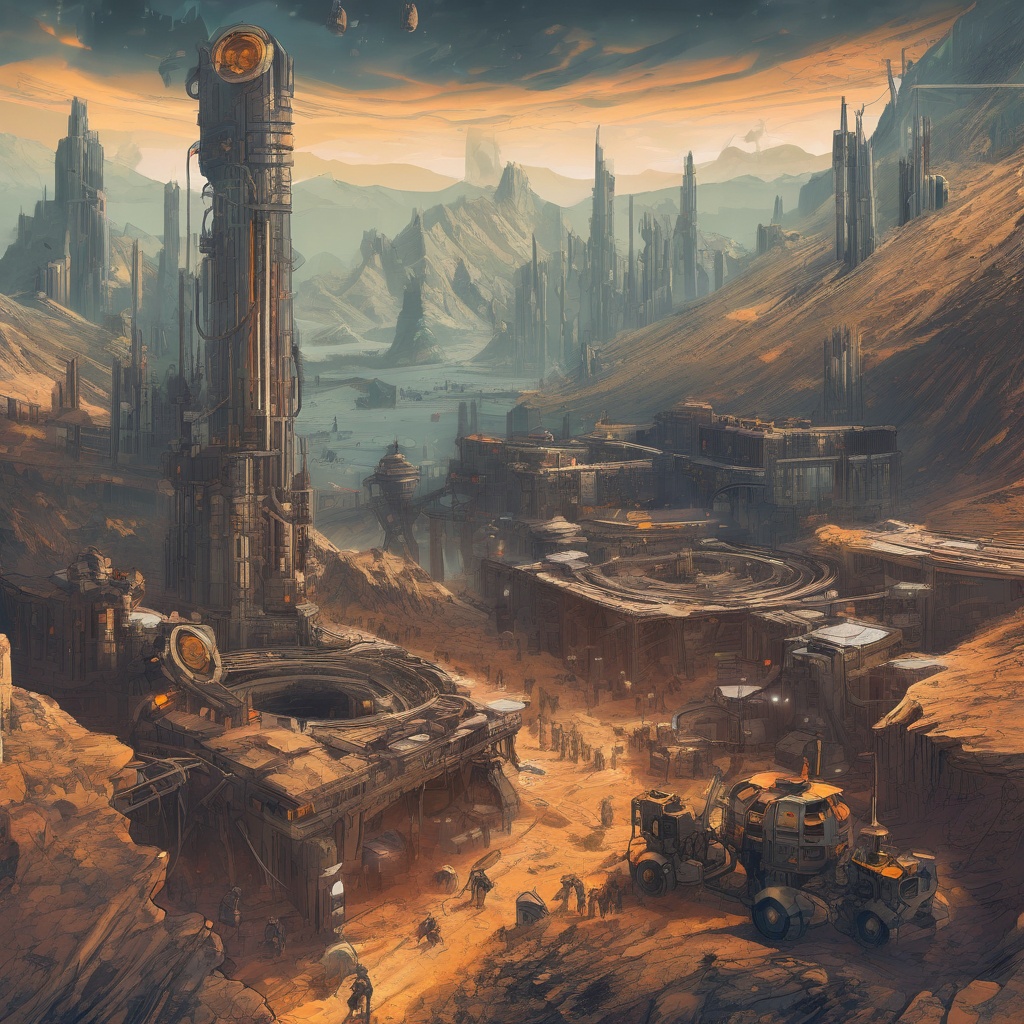
How did the DAO get hacked?
In the world of cryptocurrency, the Decentralized Autonomous Organization (DAO) was once a groundbreaking concept, promising a new era of decentralized governance and funding. However, in 2016, it suffered a significant hack that shook the crypto community. The question remains: how did the DAO get hacked? The hack stemmed from a vulnerability in the DAO's smart contract code. This vulnerability allowed hackers to exploit a recursive calling mechanism, resulting in the creation of a large number of child DAOs. By dividing the funds into these child DAOs, the hackers were able to withdraw a significant portion of the DAO's Ether funds into their own accounts. This exploit, known as the "split function attack," left the DAO with a substantial financial loss and raised questions about the security of smart contracts and decentralized governance. So, in summary, the DAO was hacked due to a vulnerability in its smart contract code that allowed hackers to exploit a recursive calling mechanism and withdraw funds into their own accounts. This event served as a wakeup call for the crypto community, emphasizing the importance of rigorous smart contract auditing and security measures.
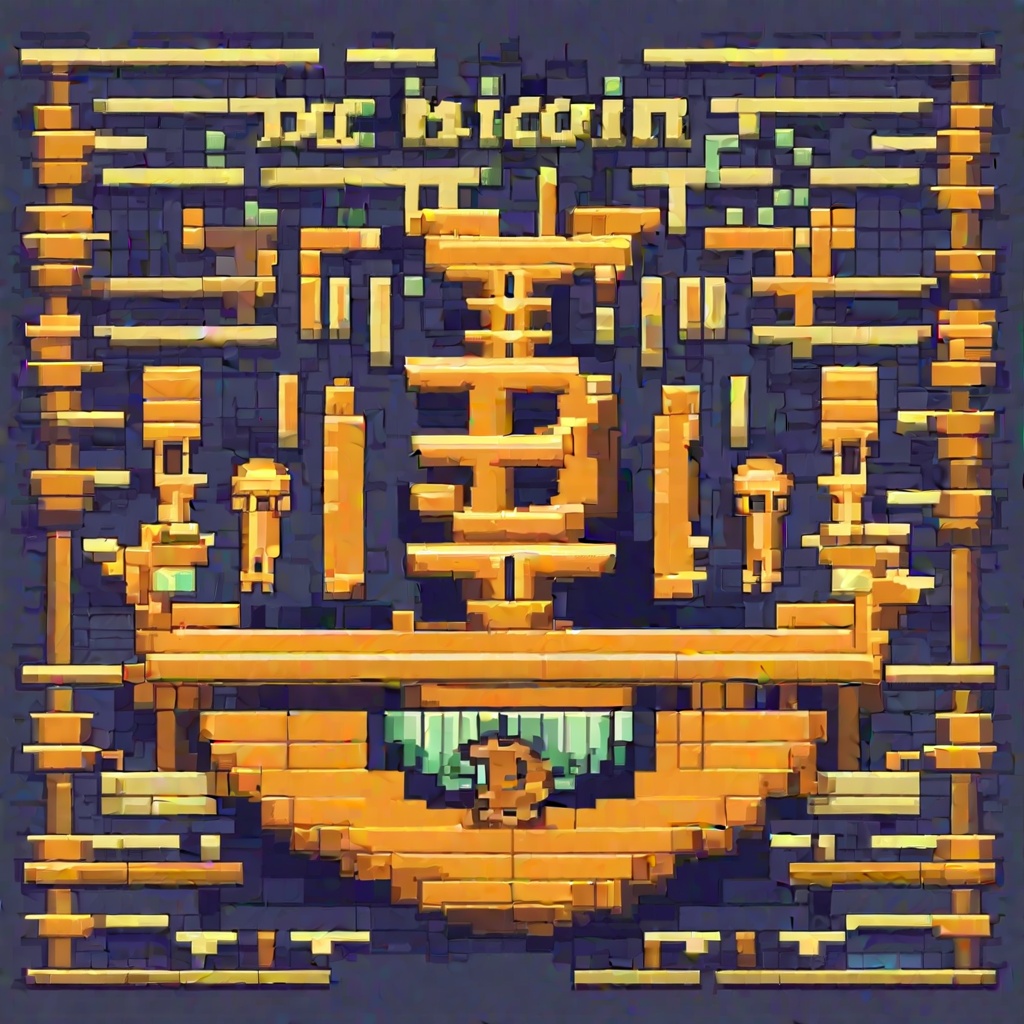
How much is 1 core DAO today?
Excuse me, as a cryptocurrency enthusiast, I'm curious about the current market value of 1 core DAO. Given the volatility of the crypto market, I understand that the price may change rapidly. However, I'm interested in getting a general sense of its worth at this moment. Could you please provide me with an approximate figure for the current price of 1 core DAO? This information would help me in making informed decisions regarding my investments and allocations within the DAO ecosystem. Thank you for your time and assistance in this matter.
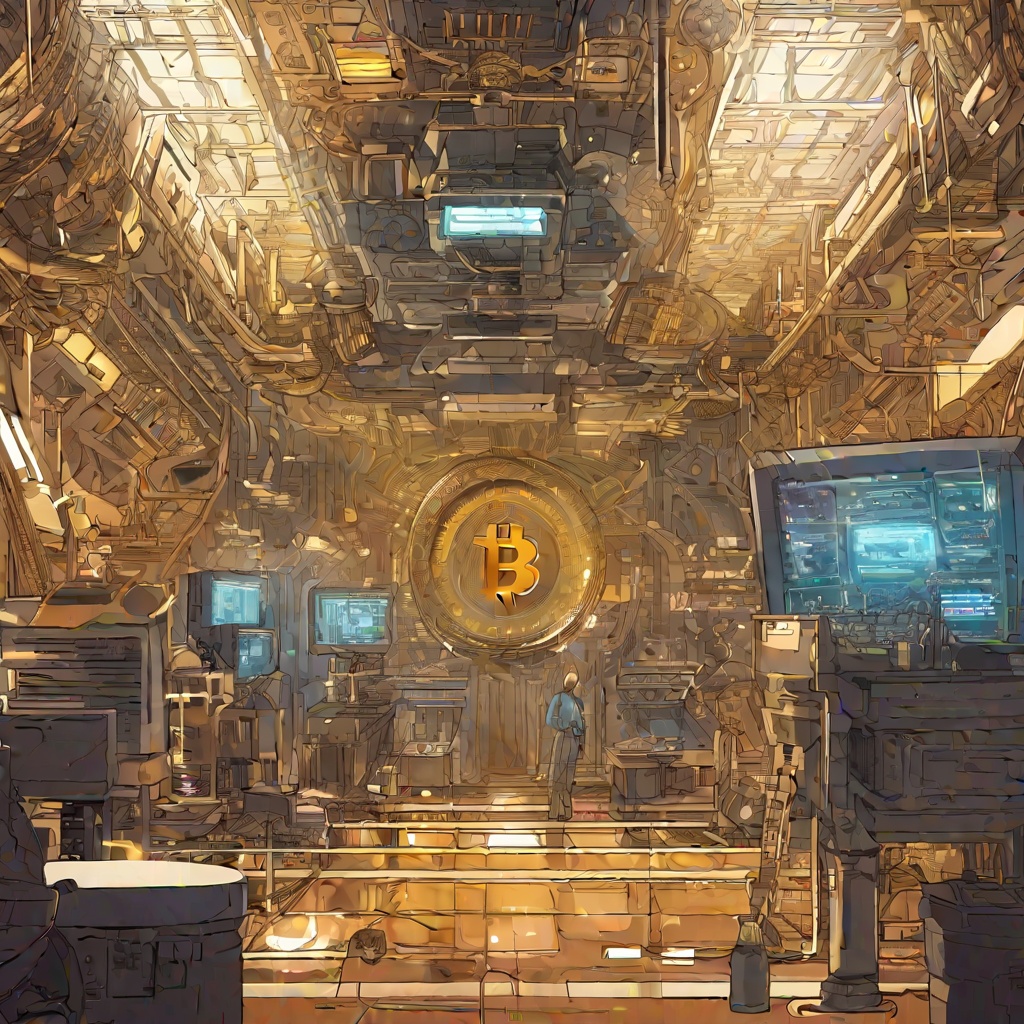
Who created the DAO?
Could you elaborate on the origins of the Decentralized Autonomous Organization, or DAO, and who was the driving force behind its creation? Given the significance of this concept in the crypto world, I'm curious to understand the backstory. Was it a collaboration of multiple individuals or a singular genius who conceptualized this decentralized entity? What were the initial motivations and aspirations behind the DAO's development? Your insights into this matter would greatly enrich my understanding of the crypto landscape.
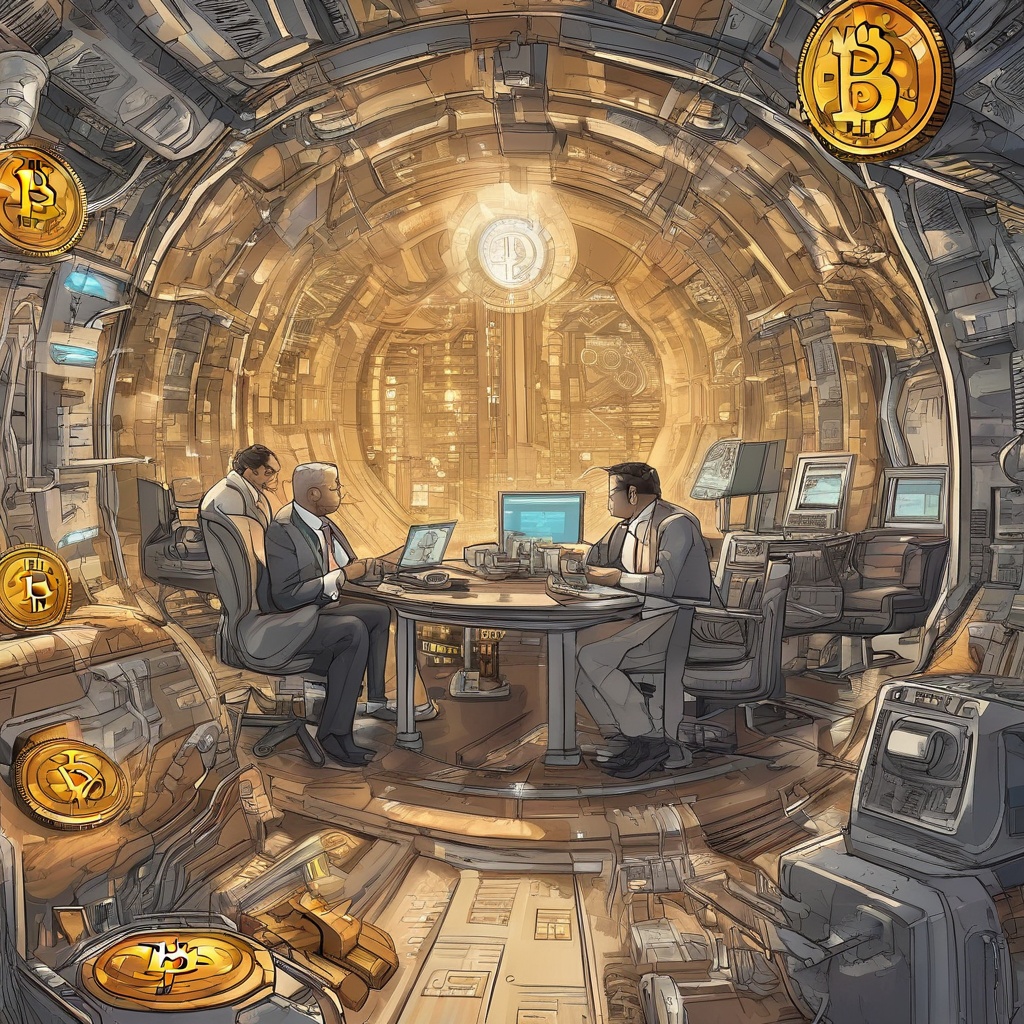
Can I create my own DAO?
In the ever-evolving landscape of cryptocurrency and decentralized finance, one question that often arises is: "Can I create my own DAO?" DAOs, or Decentralized Autonomous Organizations, are entities governed by smart contracts on the blockchain, enabling transparent and autonomous decision-making processes. They have the potential to revolutionize governance, finance, and even social structures. But, with the complexities of blockchain technology and smart contract programming, the question remains: is it feasible for a regular individual to embark on creating their own DAO? Join us as we explore the intricacies of this question and delve into the possibilities and challenges involved in founding a DAO.
